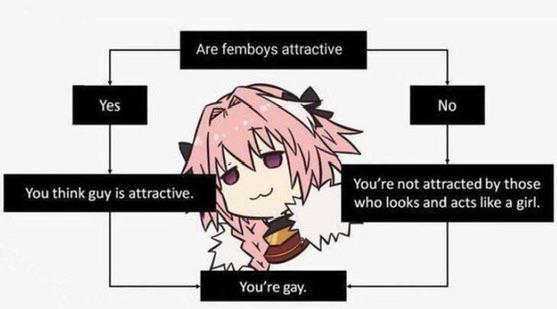this post was submitted on 13 Jul 2023
88 points (88.6% liked)
shitposting
1345 readers
7 users here now
For the dankest of all memes
founded 2 years ago
MODERATORS
you are viewing a single comment's thread
view the rest of the comments
view the rest of the comments

Not really; an argument is valid if the conclusion is true only when the premises are valid. I believe the argument can be best constructed as follows:
Therefore, you're gay
Not only is this a valid argument because assuming the premises, the conclusion must be true, it's formally valid because it follows the form
Therefore B
And this argument is valid for all choices of A and B. It doesn't really have anything to do with the conclusion being true.
In other words, the argument is valid but not sound.
Yeah exactly
My statement refers to the construction of ==> from truth tables as a logical gate:
By counting the entries of the table, we see that if Y is True, then (X ==> Y) must always be True no matter what we substitute for X. The joke is that this means we assume foreknowledge of the reader being gay
Ah I see what you mean; you're right. Though an argument being valid and an implication being true are different things, so I think we misunderstood each other's meaning.